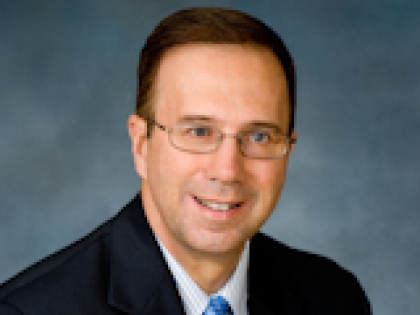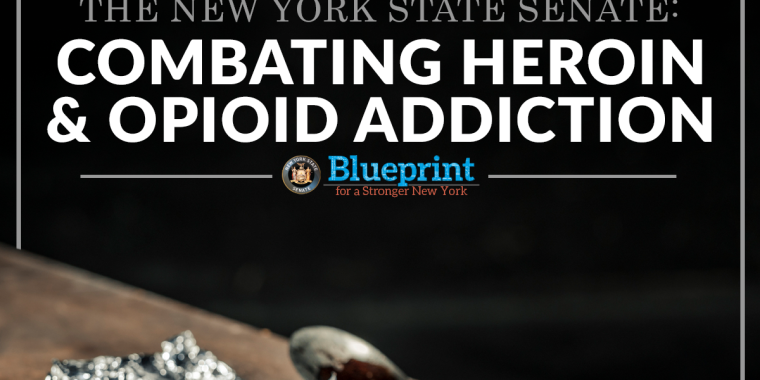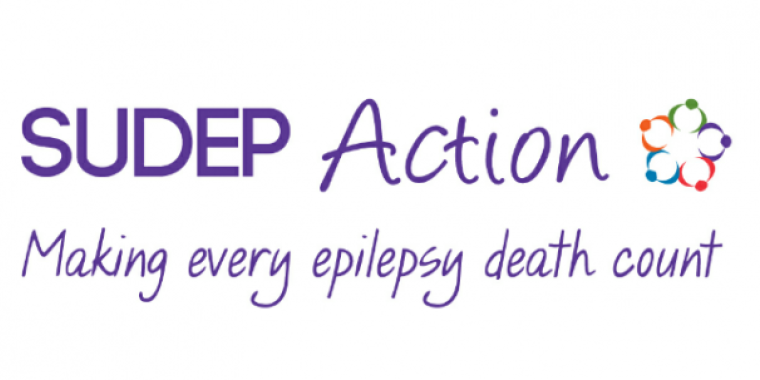
Senate proposes largest ever-state commitment to prevent heroin and opioid abuse
March 15, 2018
-
ISSUE:
- Combating Heroin and Opioid Addiction
- Heroin & Opioid Addiction Task Force
- Heroin & Opioid Abuse
- Addiction

ALBANY – State Sen. Joseph Griffo, R-Rome, recently joined with his Republican colleagues in the New York State Senate to unveil details of their extensive response to the challenges facing communities in the fight against opioids and heroin. The conference is committed to providing a record level of state funding to combat opioid abuse and includes far-reaching health and safety initiatives to reduce the harmful effects of drug abuse on everyone from infants to adults
The Senate’s Joint Task Force on Heroin and Opioid Addiction has been holding forums throughout the state, most recently in Binghamton, Pleasantville, and Hudson. These events, legislative budget hearings, and ongoing outreach have provided the opportunity to solicit input from stakeholders involved in the ongoing epidemic. Health care providers, law enforcement, educators, and family members helped the Senate formulate additional steps that need to be taken.
The Senate proposal increases the state’s support for opioid use disorder-related services to a new record of $265 million - going beyond the 2018-19 Executive Budget proposal of $228 million.
In addition, the Senate has proposed measures to reduce exposure to opioids for children and adults; limit and provide alternatives to opioid use; better define controlled substances to include deadly drugs like fentanyl; screen expectant mothers to prevent and treat addiction in infants; encourage the successful recovery for those struggling with addiction; and provide law enforcement with new tools to help get drugs and dealers off the streets. They include:
Supporting Prevention
· Enact the Drug Take Back Act to get unused and unneeded medications out of medicine cabinets.
· Ensure labels on opioid prescriptions warn of the highly addictive potential of controlled substance medications.
· Reform prescribing practices to limit initial prescriptions from a seven-day to a three-day supply; require patients prescribed opioids for thirty-days or longer to have a pain management plan with their prescriber; require written consent from parents or guardians for the prescription of opioids to minors; require the Department of Health to develop guidance on the administration of opioid antagonists; and establish a demonstration program to reduce opioid prescribing by utilizing emergency department physician collaboration to control pain through alternative means, including non-opioid medications.
Expanding Treatment
· Authorize the Office of Alcoholism and Substance Abuse (OASAS) to provide funding to substance use disorder programs operated by for-profit agencies.
· Establish a jail-based substance use disorder treatment program.
· Require testing of newborns for Neonatal Abstinence Syndrome.
· Establish a program on screening expectant mothers for opioid addiction and linking them with care.
· Establish a workgroup and provide education for healthcare providers on screening and caring for mothers with an opioid addiction.
· Prohibit prior authorization for outpatient substance abuse treatment.
· Establish an OASAS ombudsman to assist consumers and providers with insurance issues, including network adequacy.
· Require hospitals and Emergency Room physicians to notify a patient’s prescriber that the patient has been treated for a controlled substance overdose.
Encouraging Recovery
· Establish a voluntary certification process for sober homes.
· Codify the Peer Engagement Program, connecting individuals with substance use disorders to treatment and recovery services.
· Establish an infant recovery pilot program with at least four infant recovery centers in areas of need for infants suffering from drug withdrawal resulting from in utero exposure.
· Establish the Family Support and Recovery Services Program to provide recovery services and support to individuals exiting treatment and their families for up to 12 months after leaving a treatment program.
Enhancing Enforcement
· Criminalize the sale of a controlled substance on the grounds of a drug or alcohol treatment center, or within 1,000 feet of such facilities.
· Make it a crime to offer or accept any kickback from an individual or entity that provides substance abuse services in exchange for patient referral and admission.
· Establishes appropriate level penalties as it relates to heroin sales.
· Makes the sale of 2 milligrams or more of Carfentanil a Class A-II felony and the sale of 10 milligrams or more of Carfentanil a Class A-I felony.
· Update controlled substances penalties to reflect emerging issues.
Addressing Fentanyl and other Synthetic Drugs
· Update the controlled substances schedule to promote consistency with the federal controlled substances schedules.
· Add new derivatives of fentanyl to the controlled substances schedule.
· Increase the criminal penalties for the sale of an opiate containing a fentanyl derivative.
“Over the last several years, the Senate has intensified its efforts to fight this problem by forming the Senate Joint Task Force on Heroin and Opioid Addiction, and as a result we have already passed numerous laws and secured critical funding in the budget to improve our strategies in prevention, treatment, education and law enforcement,” said Sen. Griffo, who also is a member of the Joint Task Force on Heroin and Opioid Addiction. “But, unfortunately, we have still lost too many to this horrible addiction. For the sake of our families and communities that have already lost so much due heroin and opioids, this legislation and funding will continue to build upon our efforts to get this crisis under control.”
The Senate will continue to make addressing heroin and opioid abuse a priority during ongoing budget negotiations.
###
Share this Article or Press Release
Newsroom
Go to NewsroomSen. Griffo announces funding for Utica tennis courts
October 20, 2017

Sens. Griffo, Croci tour regional public safety sites
October 11, 2017

Governor signs Griffo's SUDEP bill to prevent epilepsy deaths
August 28, 2017

